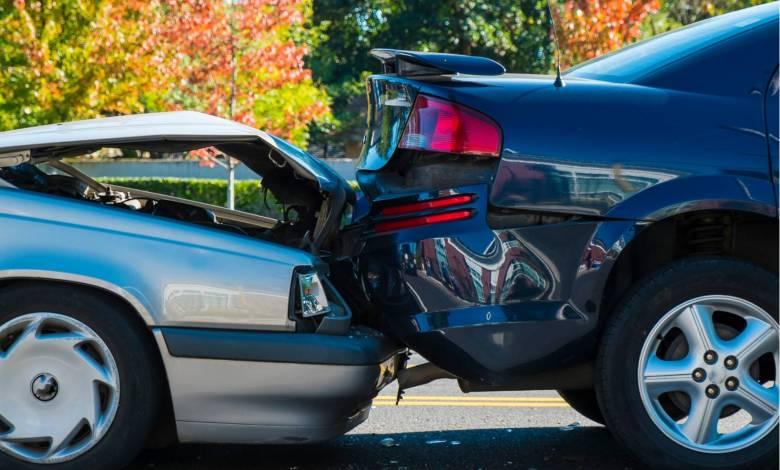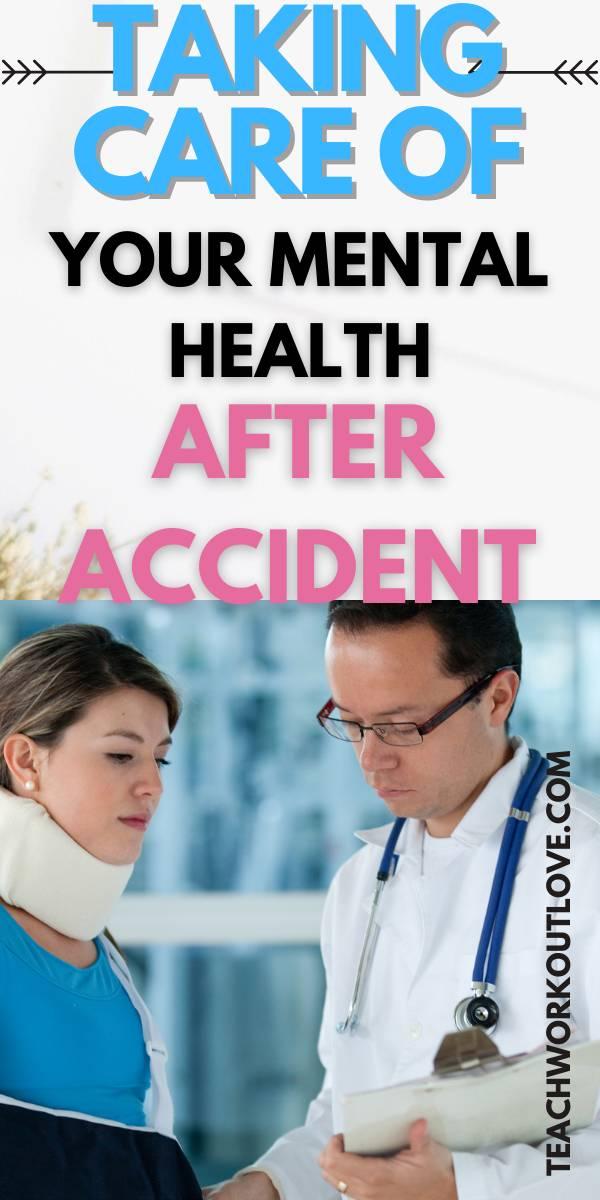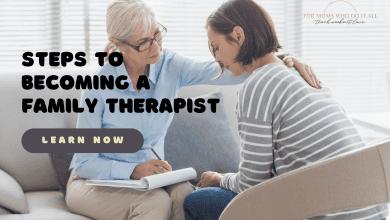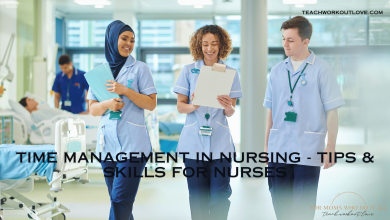
Accidents can have a dramatic impact on both physical and mental health. In this guide, we’ll discuss steps you can take to protect your mental health after an accident.
Seek professional help and advice
If you have been involved in an accident, there are people out there ready and willing to help you to recover, heal and cope with the emotional, physical and practical challenges that lie in wait. From doctors, nurses and physical therapists and injury claim lawyers to psychologists, counsellors and financial advisers, it’s important to understand that you are not alone.
Your health and wellbeing should come first, so seek medical advice as soon as possible after the incident. Depending on your injuries, you may need to be treated in the hospital or receive treatment or assistance at home. Listen to instructions and don’t hesitate to ask questions if you have concerns about the prognosis or you want more information about your injuries.
The key thing to do during the treatment process is to relax so your body can mend itself best, you might begin worrying about the costs of healthcare treatments and being out of work at this stage, but try not to. Once you’re up and about again you can speak to a legal professional and learn how victims may recover damages for an accident they’ve been in. This could help you to cover the costs of treatment, loss of income from your job and any other expenses you might have incurred as a result of your accident.
Mental wellbeing
In addition to your physical health, accidents can affect mental wellbeing. If you were involved in a traumatic accident, or you have severe injuries, which will take a long time to heal, you may find it difficult to come to terms with what has happened. When you feel ready, it can be helpful to talk about how you feel and offload concerns and anxieties. You may feel comfortable talking to a friend or a close family member or you may prefer to spend time with a counselor or a therapist.
Take time to heal
Accidents often come out of the blue and they can hit us for six. One minute, life is rosy and the next, the future is uncertain. Accidents can be traumatic and it can take a long time to heal. Physical injuries and symptoms often heal much faster than emotional scars, but it’s not always easy to recognize this.
Take the time you need to recover and try not to put yourself under pressure to feel ‘normal’ again. It is perfectly natural and understandable to be worried, scared or frustrated in the aftermath of an accident. Rest, let yourself recover and try to reach out for help and support if you are struggling.
Avoid stress
Stress is part and parcel of our modern-day lives, but it can take its toll on both physical and mental wellbeing. If you are recovering after an accident, it is crucial to try and avoid stressful situations and to manage stress as best you can.
Stress can slow the healing process, exacerbate anxiety and distress and affect your sleep quality, your mood and your overall health. If you’re stressed, you may find it difficult to sleep and you may be more susceptible to illnesses and infections. Take each day as it comes, rest, ask friends and family to help out around the house and try to eat well.
Overall
We tend to focus on physical injuries when we talk about recovering after accidents, but unexpected, traumatic life events can also have a profound impact on mental health. If you have been involved in an accident, it’s essential to take care of your mind as well as your body.
This post contains affiliate links and I may receive a commission, at no additional cost to you, should you purchase through one of my links. Please see my disclosure for more information.






